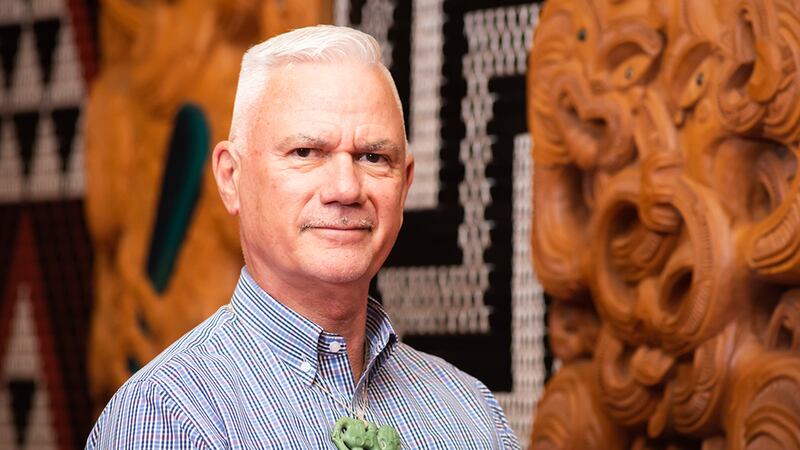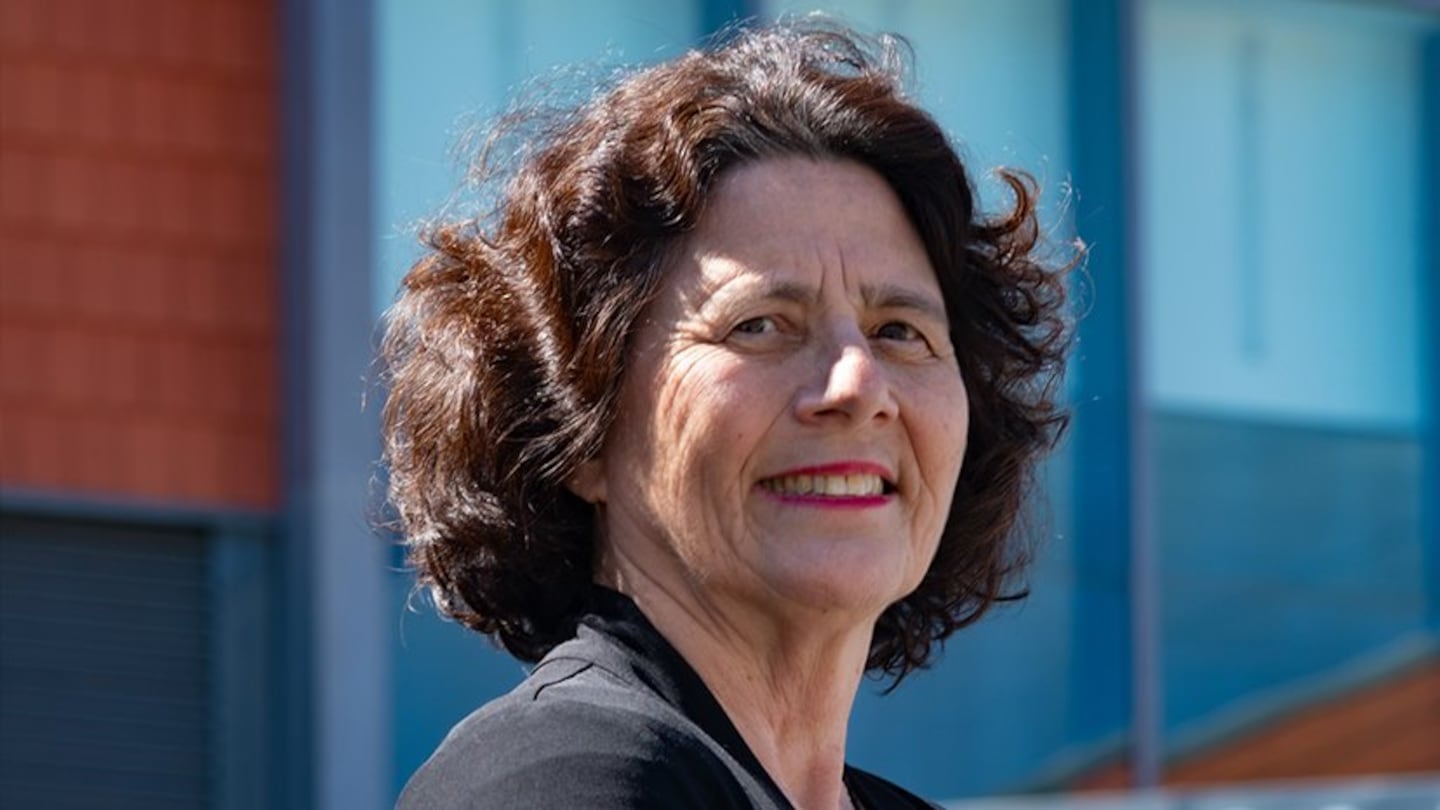A Victoria University programme that partners with Ngāti Toa Rangatira and Capital Coast District Health Board to create an iwi-led healthcare model with a postnatal hub in Porirua has just been granted nearly $5 million by the Health Research Council of New Zealand.
Professor Bev Lawton (Ngāti Porou) and the team from Te Tātai Hauora o Hine—the National Centre for Women’s Health Research Aotearoa were granted the $5 million for a five-year programme of research work with the ultimate goal of providing culturally safe and responsive maternity and child health care services.
The programme aims to inform health delivery practice and system changes. Overall this programme will fill in the knowledge gaps and intervene to reduce avoidable harm and death for Māori pēpi, māmā, and whānau.

Dr Clive Aspin (Ngāti Maru, Ngāti Whanaunga and Ngāti Tamaterā) and his colleagues from the University’s School of Health Te Kura Tātai Hauora have received close to $1.2 million dollars for research into coronial processes to improve suicide prevention strategies for rangatahi, who have very high rates of suicide.
The project will collect and analyse whānau stories to understand how their role in coronial processes can be enhanced, and how everyone involved in these processes can contribute to rangatahi suicide prevention.
The findings will contribute to policy adjustments in health and justice to enhance the delivery of Māori suicide prevention initiatives.
“Our recent research suggests coronial reporting and engagement with whānau is often minimal, sometimes non-existent, or usually does not take culturally appropriate perspectives into consideration. Current models of coronial investigation fail to capitalise on the rich resources that reside within whānau,” Aspin says.
The university also received grants to develop effective and safe pain medications to replace current opioid options that are addictive and ineffective for long-term chronic pain; to develop new antimicrobial drugs to target anti-microbial resistance, a significant global health challenge as a wide range of bacteria are developing resistance to current antibiotics, leaving limited treatment options for many important diseases.



